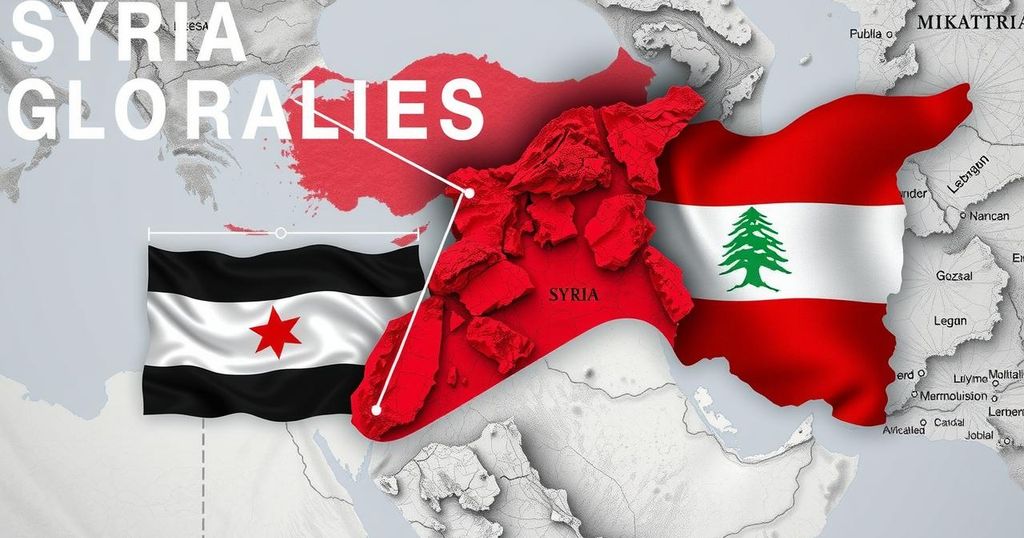During the Manama Dialogue, S. Jaishankar discussed India’s challenges in West Asia, highlighting conflicts from Gaza to Syria and the need for a realistic approach to competing interests. He emphasized India’s capability to mediate between Israel and Iran and stressed the significance of maritime security amid Houthi threats. Moreover, Jaishankar projected India’s economic growth, underscoring the West Asian region’s impact on India’s prosperity.
During the Manama Dialogue held in Bahrain, India’s External Affairs Minister, S. Jaishankar, addressed the complex geopolitical landscape of West Asia, specifically highlighting the ongoing conflicts stretching from Gaza to Lebanon and Syria. He remarked on the evolving nature of international relations in the region, emphasizing the necessity for India to navigate competing interests realistically while fostering effective collaboration among regional players. Jaishankar pointed to India’s unique position to mediate between Israel and Iran, which he described as critical communication links amidst rising tensions, such as those stemming from Iranian missile attacks in response to Israeli actions against Hezbollah commanders.
Jaishankar also discussed the impact of Houthi militant activities on maritime security in the Red Sea, underlining India’s vested interest in stabilizing shipping routes vital for global trade. He mentioned that India aims to mitigate security risks that could elevate costs for maritime operations, which could adversely affect both Indian and global economies. Furthermore, the minister underscored India’s substantial economic growth, projecting the nation’s economy to double within the decade, with trade volumes expected to reach $1.6 trillion as the West Asia region significantly influences this trajectory.
In summary, the dialogue reflected the challenges faced by India in the context of diverse conflicts within West Asia, asserting the country’s role in fostering communications between rival nations and its strategic interest in maintaining maritime security. Jaishankar’s statements reinforced India’s perspective on the paramount importance of stability in the region for its continued economic prosperity and diplomatic engagements.
The ongoing conflicts in West Asia, particularly in Gaza, Lebanon, and Syria, represent significant geopolitical tensions that influence regional and global dynamics. The rise of insurgent groups and the complex relationships among nations, like Israel and Iran, pose challenges for countries like India, which seeks to maintain strategic partnerships across the spectrum. India’s economic interests in the region further complicate its diplomatic approach, necessitating a careful balancing act between various stakeholders to ensure both security and economic continuity.
In conclusion, External Affairs Minister S. Jaishankar articulated India’s commitment to addressing the multifaceted challenges in West Asia during the Manama Dialogue. His remarks emphasized the significance of maintaining open communication channels between conflicting parties, particularly Israel and Iran, alongside efforts to stabilize maritime security impacted by regional conflicts. Ultimately, these factors play a critical role in ensuring India’s economic growth objectives are met and securing its interests in a volatile environment.
Original Source: indianexpress.com






